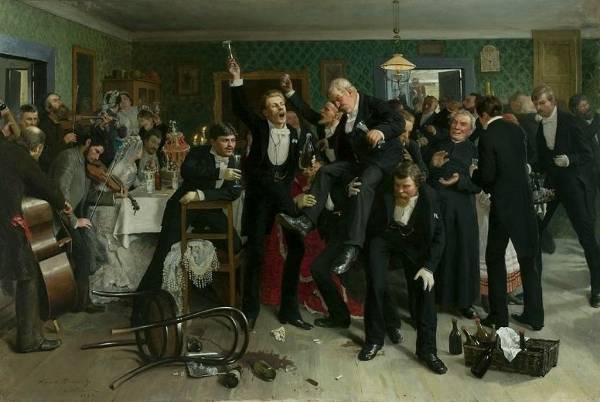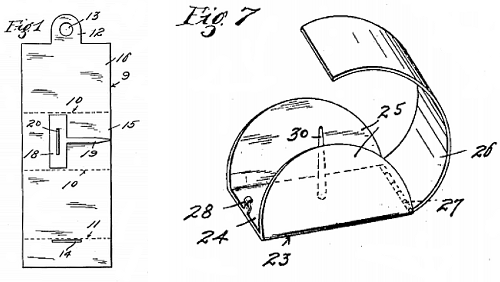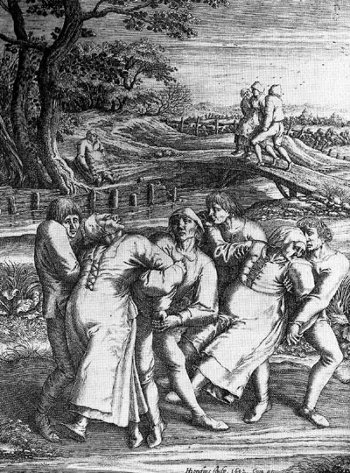The Waterford Chronicle requests that persons supplying the Journal with obituaries will attend to the following scale of prices (the idea is droll); for a simple death two shillings and sixpence. For the death of a person deeply regretted, five shillings. For the death of a person who lived a perfect pattern of all the Christian virtues, and died regretted by the whole country, ten shillings. For the death of a person who possessed extensive literature and profound erudition, superadded to which, his whole life was remarkable for piety, humility, charity, and self-denial, one pound. For the death of a lady, whose husband is inconsolable for her loss, and who was the delight of the circle in which she moved, one pound ten shillings. For the death of a gentleman, who had only been six months married, who was an example of every conjugal and domestic virtue, and whose widow is in a state of anguish bordering on distraction, two pounds. For the death of an aristocrat, who was a pattern of meekness, a model of humility, a patron of distressed genius, a genuine philanthropist, an exemplary Christian, an extensive alms-giver, profoundly learned, unremitting to the duties of his station, kind, hospitable, and affectionate to his tenantry, and whose name will be remembered and his loss deplored to the latest posterity, five pounds. For every additional good quality, whether domestic, moral, or religious, there will be an additional charge.
— Birmingham Journal, Aug. 21, 1830







